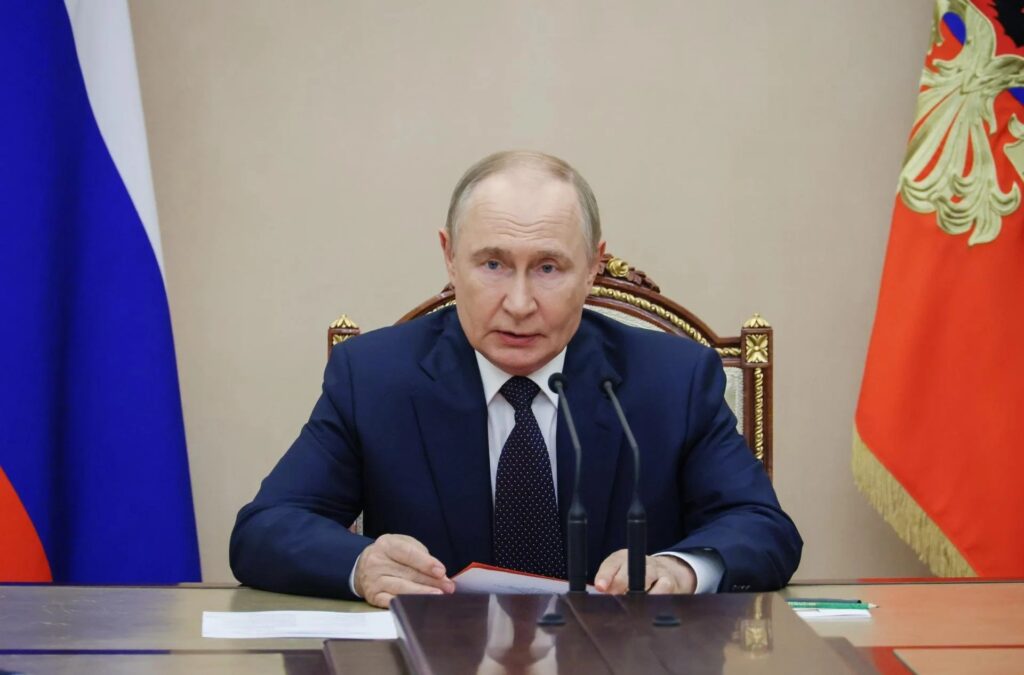Xi and Putin Cement Dangerous Alliance While Ukraine Crisis Escalates
In a troubling show of unity, Xi Jinping and Vladimir Putin reaffirm their strategic partnership during a call focused on the Ukraine conflict, revealing a shared agenda that challenges U.S. interests and global stability.

In a recent high-level telephone conversation, Chinese President Xi Jinping and Russian President Vladimir Putin reinforced their strategic alliance while discussing the ongoing war in Ukraine. This collaboration represents more than diplomatic posturing; it signals an assertive challenge to the international order that prioritizes American sovereignty and security.
Why Does This Sino-Russian Alliance Matter to America?
Putin, who reportedly initiated the call according to Chinese state media Xinhua, painted China as a potential mediator but carefully avoided condemning Russia’s aggressive invasion of Ukraine. Instead, Xi reiterated Beijing’s stance promoting dialogue and ceasefire negotiations—terms that sound reasonable yet conveniently gloss over Russia’s blatant violation of Ukraine’s sovereignty.
This duplicity matters because China’s refusal to denounce Russia’s actions undercuts global efforts led by America to restore peace through accountability. Their “high level of political trust” and “strategic coordination,” touted in official statements, reflect a deeper geopolitical alignment aimed at undermining U.S. influence worldwide.
Is This Partnership Fueling Global Instability?
The timing is critical. As Putin prepares to visit China for the Shanghai Cooperation Organization summit later this year, the deepening energy, defense, and technology cooperation between these two authoritarian powers threatens to create a bloc hostile to freedom-loving nations.
For Americans who value national sovereignty and economic liberty, this alliance jeopardizes our hard-earned security gains. The Kremlin’s aggression in Eastern Europe destabilizes markets and places pressure on global supply chains already strained by excessive dependency on autocratic regimes.
Moreover, China’s tacit support shields Moscow from meaningful consequences—allowing Russia to continue its unlawful campaign with impunity while distracting Washington from focusing on real domestic priorities like border security and economic recovery.
How long will Washington tolerate this dangerous partnership that disregards basic principles of freedom and respect for sovereign borders? America’s path forward must include robust measures reinforcing our alliances worldwide while holding adversaries accountable for threatening peace.
This episode underscores why an America First foreign policy is essential: protecting our values requires confronting globalist collaborations that ignore lawful conduct and threaten our way of life.
